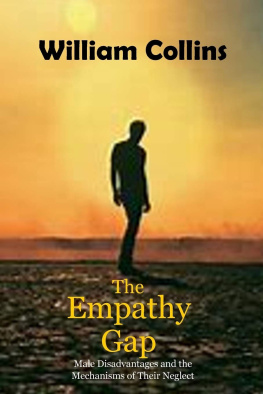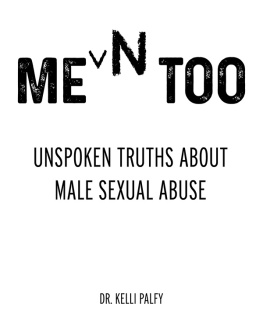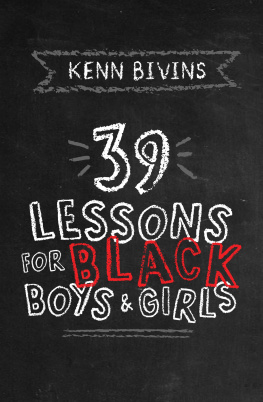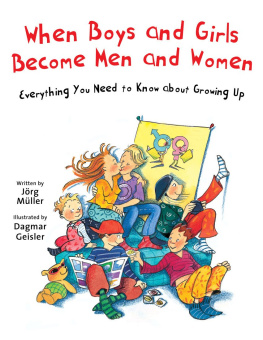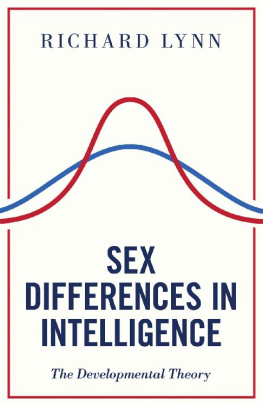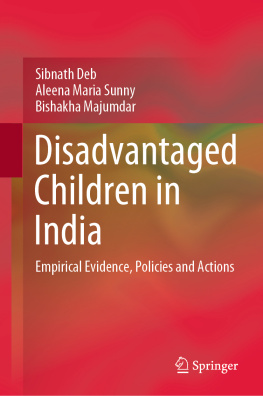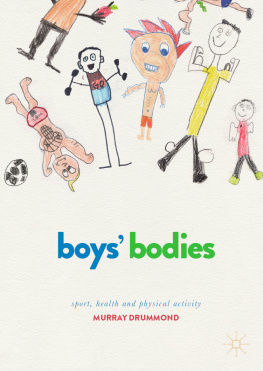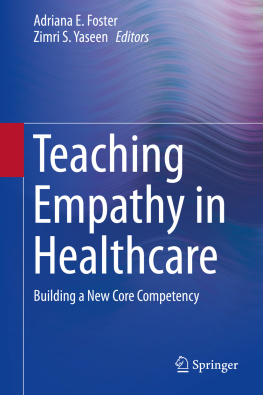Testimonials
William Collins is a retired engineer and physicist who blogs on issues relating to men and boys at The Illustrated Empathy Gap (EmpathyGap.uk).
Testimonials for the paperback edition of this book include:
"The Empathy Gap is a fantastically comprehensive book... if you have a heart, and that heart is beating, run, do not walk, to your favorite bookstore or internet device and order this book. You will not regret it."
J Steven Svoboda, founder of Attorneys for the Rights of the Child (1997), to educate the world that children do not need to have their genitals cut.
"This man is a master. I am in awe of his work."
Janice Fiamengo, Professor of English and author of Sons of Feminism: Men Have Their Say and Daughters of Feminism: Women Supporting Men's Equality
"The Illustrated Empathy Gap is my 'go to' website for first-class evidence-based research into the twenty-first century hostility destroying the family unit and gender-based hostility towards men and boys."
Erin Pizzey, founder of the world's first refuge for domestic violence victims
"William Collins is the most insightful blogger on gender issues in the world, on his website The Illustrated Empathy Gap. This book will tell you all you need to know about the devastating impacts of feminism on men and boys directly, and on women and girls indirectly. A tour de force."
Mike Buchanan, founder and leader (2013-) of the British political party Justice for Men & Boys (and the women who love them), author of Feminism: The Ugly Truth and The Glass Ceiling Delusion
"For someone like me who likes facts and figures, finding EmpathyGap.uk was like stumbling upon an amazing hidden treasure trove. The observations which I had been building up about the positions of men and women in society, in particular the difficulties which men faced, suddenly had a mountain of rigorous, dependable, and authoritative sources to back them up. To focus on the rigour of William's research does not begin to do it justice. He reminds us of exactly how damaging and perverse what has been happening is, bringing us down to earth with a bump."
Belinda Brown, researcher, writer and speaker on family, feminism and men
"For some years, William Collins has consistently been writing the most important journalism that is appearing anywhere in the English-speaking world. His unmatched powers of analysis and synthesis, together with an unswerving intellectual rigour and devotion to evidence-based reason, make his output a genuine treasure. Nobody on earth is doing more to demolish the wicked myths, pernicious fictions and poisonous superstitions of the modern feminist creed."
Neil Lyndon, journalist, author of No More Sex War and Sexual Impolitics
"The Empathy Gap should have been an academic text. However, being the most significant, comprehensive and serious book to be published on gender quite probably bar none academe's loss is wider society's gain."
Elizabeth Hobson, former leader (2020/21), Justice for Men & Boys (and the women who love them)
The Empathy Gap
Male Disadvantages and the
Mechanisms of Their Neglect
William Collins
LPS publishing
Publisher's note: While every possible effort has been made to ensure that the information contained in this book is accurate, neither the publisher nor the author can accept responsibility for any errors or omissions, however caused. No responsibility for loss or damage occasioned to any person acting, or refraining from action, as a result of the material in this publication can be accepted by the publisher or the author.
First edition published July 2019
This ebook edition published July 2021
Copyright 2021 William Collins: The right of the author to be identified as the author of this work has been asserted in accordance with the Copyright, Designs and Patents Act 1988.
All rights reserved. No part of this publication may be reproduced, stored in a retrieval system, distributed, or transmitted, in any form or by any means, electronics, mechanical, photocopying, recording or otherwise, except as permitted by the Copyright, Designs and Patents Act 1988, without the prior permission of the publisher.
A catalogue record for this book is available from the British Library
ISBN 9780957168893
Cover design by rawb
LPS publishing
Contents
Preface to the 2021 eBook Edition
The disadvantages or inequalities suffered by men and boys are substantial and to be found across all aspects of life: education, accidents, health and longevity, domestic abuse, suicide, imprisonment, substance abuse, and as victims of crime, as parents and in respect of the impact of family break-down. To some this may seem quixotic. "Inequality" is so often linked with women and girls, or with minorities, that it has become an unchallenged axiom that we need not be concerned about males qua males. Yet the evidence suggests this is misguided. The observation that senior positions are still occupied more by men than women politicians, professors, consultants, high court judges is not apposite. It is not these men who bring down the average male longevity or populate the prisons or swell the ranks of the under-educated. The intersection of men-plus-deprivation is a more virulent combination even than women-plus-deprivation, as the data to be presented herein will demonstrate.
The primary purpose of this book is to present the evidence of male disadvantages, with extensive referencing of sources, drawing on national statistics or data of comparable provenance as much as possible. This review will identify the broad factors that can negatively affect men and boys. Their impact on male health and well-being will be starkly clear across a range of metrics.
However, there is a further purpose. It is not only the evidence supporting claims of male disadvantage which needs to be expounded, but also the reasons for this compelling case being granted so little attention. Indeed, in some quarters, the notion that males may suffer disadvantage will be greeted with incredulity (Flood, 2004), even mockery (Phillips, 2015). The secondary purpose of the book is therefore to expose the mechanisms which distract attention from the male disadvantages, including outright denial. Regrettably, the problem of misinformation will loom large. The author has done his best not to add to it.
An explicatory theory is offered as a unifying principle for both the male disadvantages and their societal neglect. This will be a counter-narrative to the hegemonic paradigm which is usually invoked in the context of the male social position.
For the most part, quoted data will refer to the UK. In fact, most often this will be confined to England and Wales, which reflects how national statistics are collated. However, data from other countries, especially the USA, will also be deployed, either for comparison or when UK data is not available. Despite the predominant focus on the UK, it is likely that the qualitative features of the male disadvantages will be replicated to varying degrees in all other Western or Anglophone countries.
Style Issues
I confess my sin in using "male" and "female" as nouns, at least in the plural "males" and "females". Blame the English language for having no alternative for the cumbersome "men and boys" and "women and girls". I apologise to those whose grammatical sensibilities are offended. I use English spelling. However, in quotes from non-UK authors, their original spelling is retained without confusing the text with "(sic)". Quotes use the single quote. Double quotes are used when making reference to a word or phrase, for example, when critiquing the use of the phrase "male privilege". I may descend so far as to use scare quotes, for which I am only falsely apologetic. Acronyms are generally explained in each chapter in which they are used, but for readers' convenience I gather them together after the main text (hyperlinked from the Contents).

